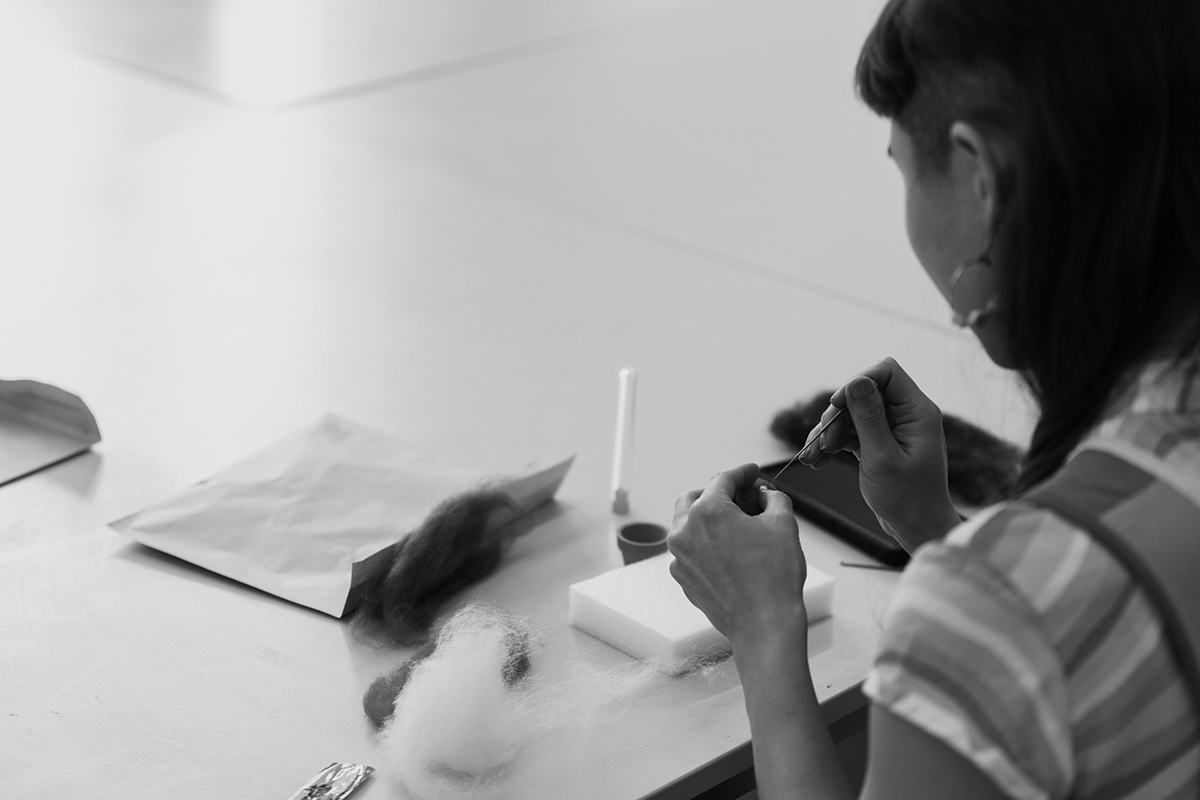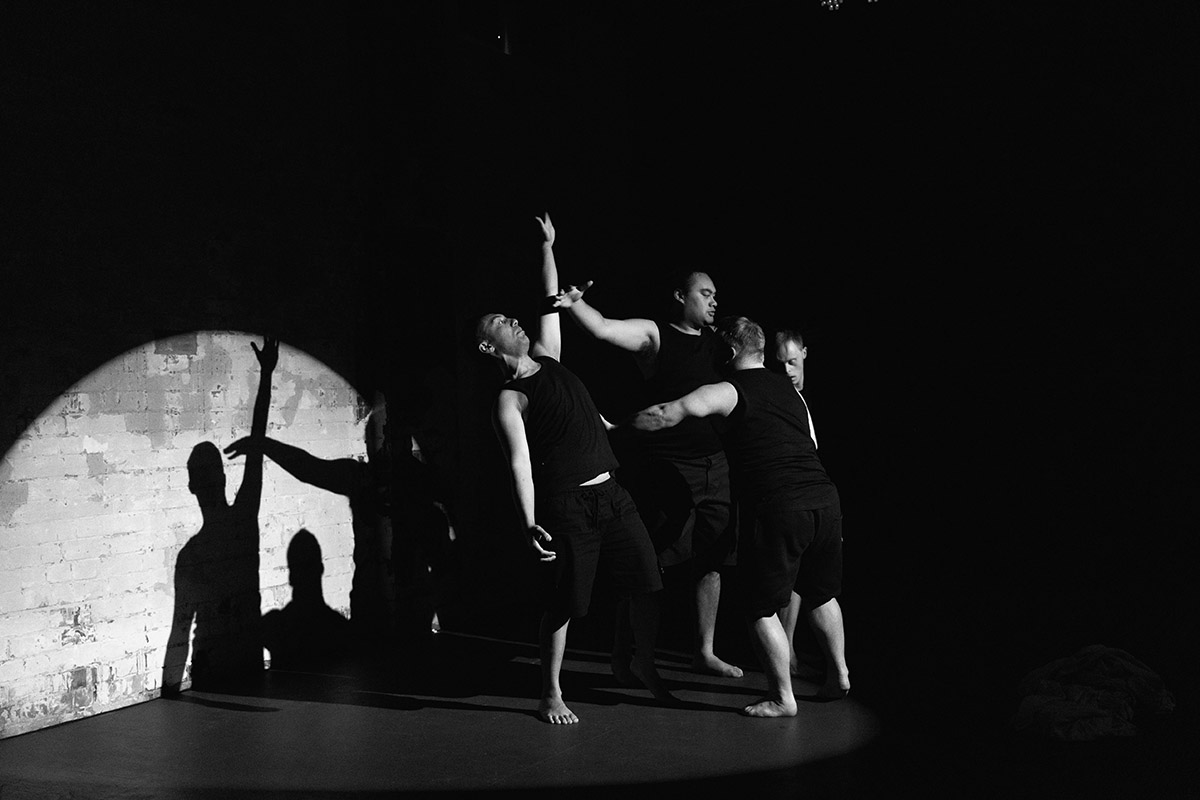The next six weeks will be crucial:
May: public hearings. The Arts Centre’s hearing is Thursday 2 May, 4.30-5pm, at the Civic Offices.
June: decision announced.
1 July: new Long-Term Plan takes effect.
Help keep the pressure up:
1. Contact your local Councillor.
We suggest you ask them:
- Will you vote for fully funding The Arts Centre?
- Will you support the continuing independence of The Arts Centre Charitable Trust?
Let us know of any concerns they express – we can help answer these: info@artscentre.org.nz.
2. Pack the public gallery for our submission. Thursday 2 May, 4.30-5pm, Civic Offices. Come and show your support. DIY placards with creative flair.
Why Council’s proposal will cost ratepayers more
The Arts Centre has always had Council support. No arts centre this size, especially in heritage buildings, can survive without public funding. Insuring, maintaining, and operating an entire city block of heritage buildings costs money.
Without Council support, The Christchurch Arts Centre Trust will be heading towards insolvency. It will have to wind up once the current Council funding runs out on 30 June.
The process for dissolving the trust is complicated, and could take years, with hefty legal fees. Because The Arts Centre is owned by a citizens’ Trust and governed by an Act of Parliament; it’s likely the High Court will have to rule on who should get the assets – most likely the Christchurch City Council.
So, Council as the new owner will bear the costs of the legal wrangling.
After that, the costs of running The Arts Centre will fall on the Council: insurance, rates, maintenance, and the legally required focus on the arts, culture, education, and creativity. Most of these activities are currently funded through sponsorship, donations, and volunteer hours – which the Council wouldn’t receive. The ratepayer will pick up the bill.
The Arts Centre is thriving; don’t let Council mess with it
- One million visitors per year (includes local residents, national and international visitors).
- Community-funded, multi-cultural events year round, from kapa haka to opera, music from the Muslim world to jazz, hip hop dance to ballet, Sculpture and Matariki festivals to children’s theatre and circus arts.
- Education programmes for school children in Christchurch and beyond (funded by the Ministry of Education).
- Home of over 70 entities covering arts, performance, creatives, entertainment, cinema, food and beverage, education, two museums, Te Whare Tapere Māori arts space, and (opening in June) the Ngāi Tahu creation story.
- Many tenants have a loyal and repeat customer base and new customers encounter the centre all the time.
- Anchor tenants include the University of Canterbury, The Observatory Hotel, and the Health Technology Centre (seen by ChristchurchNZ as an economic driver of the city).
- Restoration of 20 heritage buildings delivered on time and on budget.
How much is needed?
The Arts Centre is asking Council to:
- Absorb the annual insurance bill into its own group insurance scheme = $1.2 million.
- Rebate rates = $205,000.
- Cover some ongoing operational costs (heritage maintenance) = $400,000. This adds up to approx. $1.8 million, which is the average amount Council has paid over the past three years. It equates to $1 per month, or less, for the average household.
Options The Arts Centre has already investigated
The post-quake Arts Centre is a much more hard-nosed business than many people think.
The massive heritage restoration was delivered on time and on budget. The centre runs a tight ship financially and takes every opportunity to earn extra revenue.
- Cut staff: Done.
- Restructure basic services to save cost: Done. Outsourced security and cleaning services have been brought in-house, which has saved money.
- Cut wages: Done. Staff are paid less than their equivalents at Council. Trustees are paid nothing.
- Charge tenants market rates: Done. Before the quakes, rents were subsidised; now they are not.
- Hire out venues to paying clients, including weddings: Done.
- List the Creative Residency on AirBnB: Done.
- Charge commercial photographers, film crews, etc, to use The Arts Centre as a backdrop: Done.
- Cancel insurance on the buildings: Looked at seriously, but legal advice against it.
- Sell off part or all of the site: Illegal. The Act of Parliament prevents this. The Centre was saved from demolition in the 1970s to be a community asset.
- Stop maintaining the buildings: Illegal and short-sighted. The Act of Parliament and contracts with anchor tenants require the centre to keep the buildings up to standard.
- Ask central government for operational funding: Done. Successive governments have refused. They claim the centre is a local or regional asset.
- Apply for grants: Done. Since the quakes, our fundraiser has successfully pulled in over $30 million. At present, most arts programming only goes ahead if we can find external funding to cover it. Grant funding also currently covers the wages of four full-time equivalent staff positions. We are deeply grateful to every philanthropic trust, business sponsor, donor and patron who has given us even $5 – thank you!
- Reduce the number of Managers: The Arts Centre has a leadership team of four, comprising the Director, Operations Manager, Finance Manager, and Creative Director. All are paid less than their equivalents at the Christchurch Art Gallery (owned by the Council).
- Borrow money against the value of the site: not feasible. It’s unclear how the Trust would ever pay back a loan, and unlike a normal business or home loan situation, the Trust cannot, by law, sell off any land and/or buildings. That inability to liquidate the assets in the event of foreclosure makes The Arts Centre a poor proposition for lenders.
- Restore the Student Union building/bring back The Dux: Continuing to investigate. In 2022, the Trust rejected a proposal from a private consortium that would restore and then operate the building in return for paying no rent for 50 years. This would have worsened the Trust’s financial woes because each restored building pushes up the insurance and maintenance bills, without rent to counterbalance the higher costs. Another option is being explored.
More information
View the Council's Draft Long Term Plan 2024 - 2034 Consultation document here.
Follow us on social media: Instagram and Facebook.




